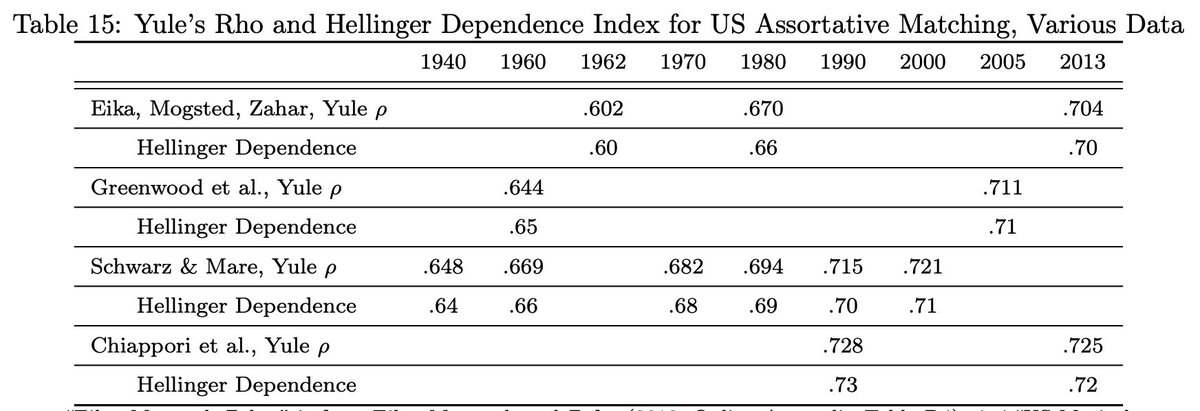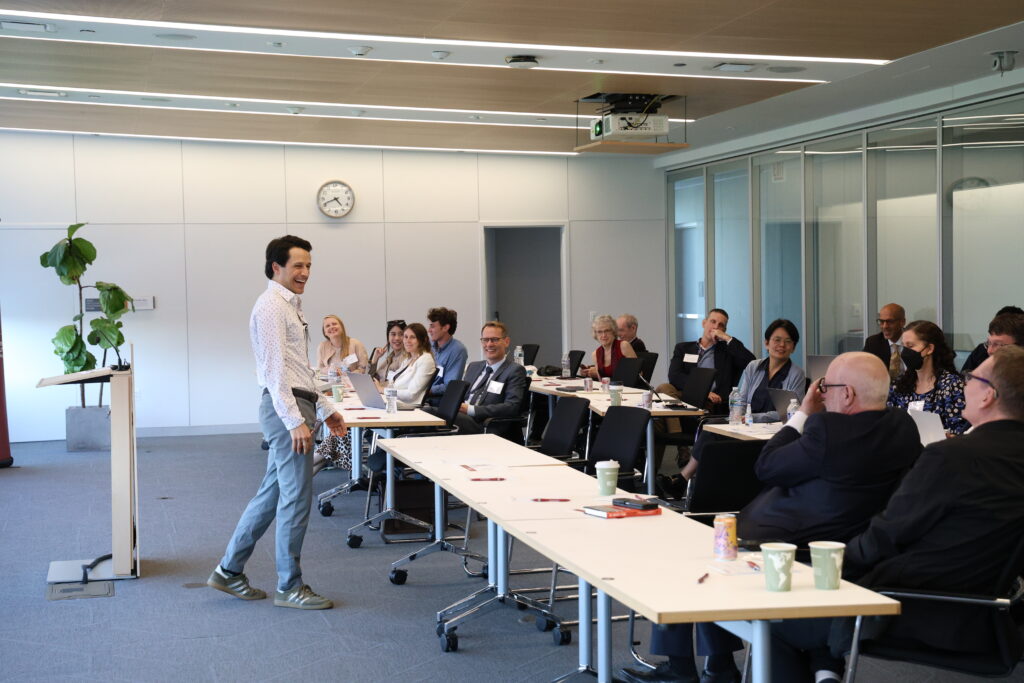
UChicago | Stone Center on Inequality & Mobility
@ucstonecenter
The Stone Center for Research on Wealth Inequality and Mobility advances interdisciplinary research on the origins and nature of contemporary inequalities.
ID: 1625161021571866625
13-02-2023 15:53:07
292 Tweet
947 Takipçi
237 Takip Edilen

Exploring the role of social influences in majority language acquisition and language minorities and demonstrates complex comparative statics exist in such environments, from William A. Brock, Bo Chen, Steven N. Durlauf, and Shlomo Weber nber.org/papers/w34138

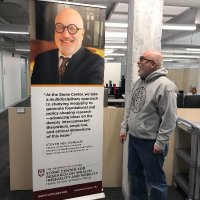



Providing a general framework for understanding how trajectories of family income and family structure affect adult outcomes, from Yoosoon Chang, Steven N. Durlauf, Bo Hu, and Joon Park nber.org/papers/w34179
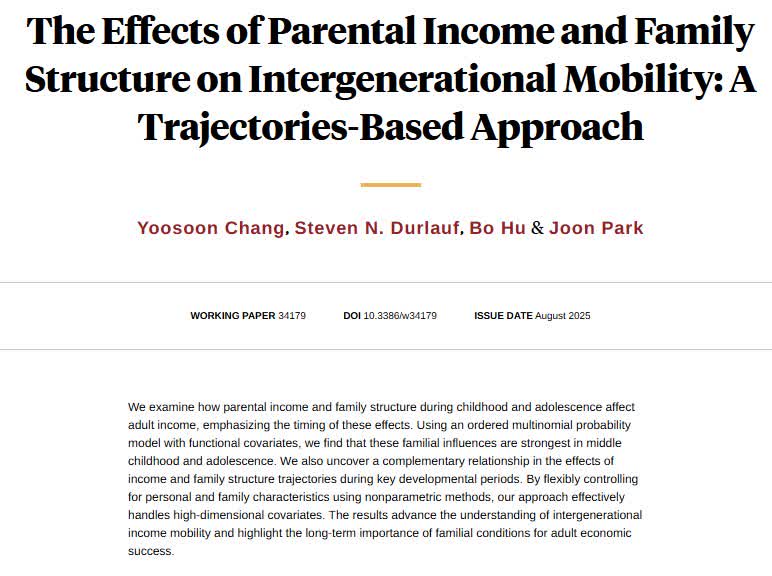

China’s transition saw higher educational mobility from structural shifts. Russia shows stronger steady-state mobility once dynamics are adjusted. Both share similar occupational patterns. New research by Butaeva, Chen, Steven N. Durlauf & Park: ow.ly/8Rj150WQC6h





Tariffs don’t work the way some think, Prof. Steven N. Durlauf of UChicago | Stone Center on Inequality & Mobility told the Chicago Tribune. Firms pass ~80% of costs to consumers, sales fall, and investment in U.S. production drops. “The economy is this incredibly interconnected system.” har.rs/3Idsohr

Alexander Monge-Naranjo sits down with Steven N. Durlauf to discuss how credit access matters for recent college cohorts, whereas family resources were more determinative for earlier groups. Listen to the Inequality Podcast now→ bit.ly/4nOXPxK"

Are the new H-1B rules creating the wrong incentives? Steven N. Durlauf tells Los Angeles Times how the policy could push growth away from the U.S.




📊 New research from UChicago | Stone Center on Inequality & Mobility explores how China and Russia’s transitions from centrally planned to market economies have reshaped intergenerational mobility. Long-run “steady state” mobility still trails Russia & the U.S. har.rs/46PNN9D

.Steven N. Durlauf reviews two complementary books on economic history, How the World Became Rich & Slouching Towards Utopia. Both works cogently integrate contingent explanation and historical patterns in tracing the path of global growth. Read his review → bit.ly/42WIenz
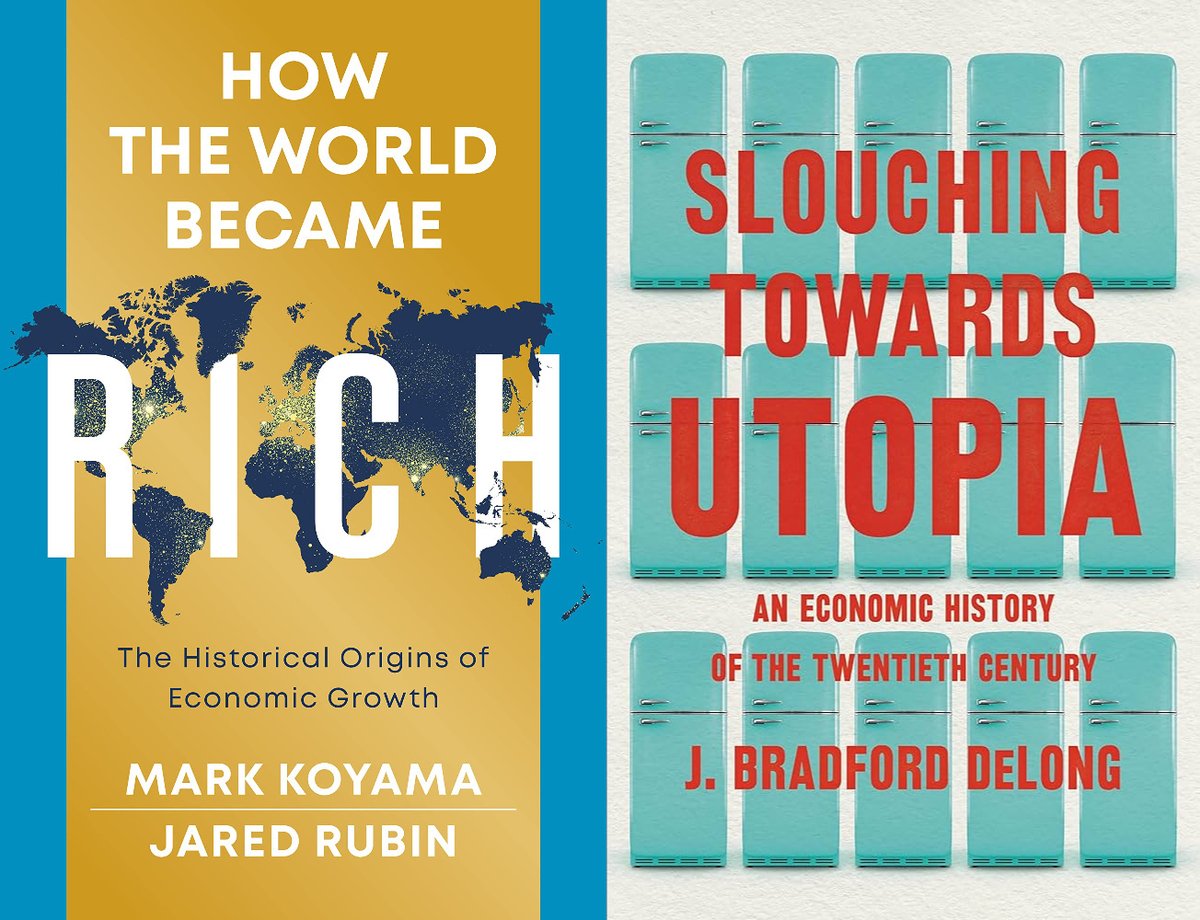

What if the goal isn’t equal outcomes, but equal access? This week on the podcast, Steven N. Durlauf and Joseph Fishkin discuss opportunity pluralism, meritocracy, and how political economy has shaped American democracy. A must-listen → zurl.co/JRALG





